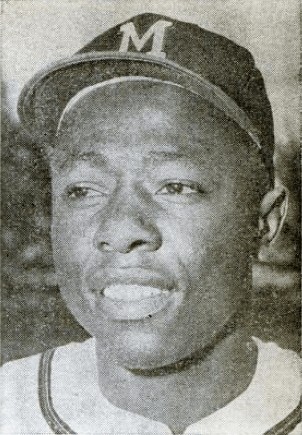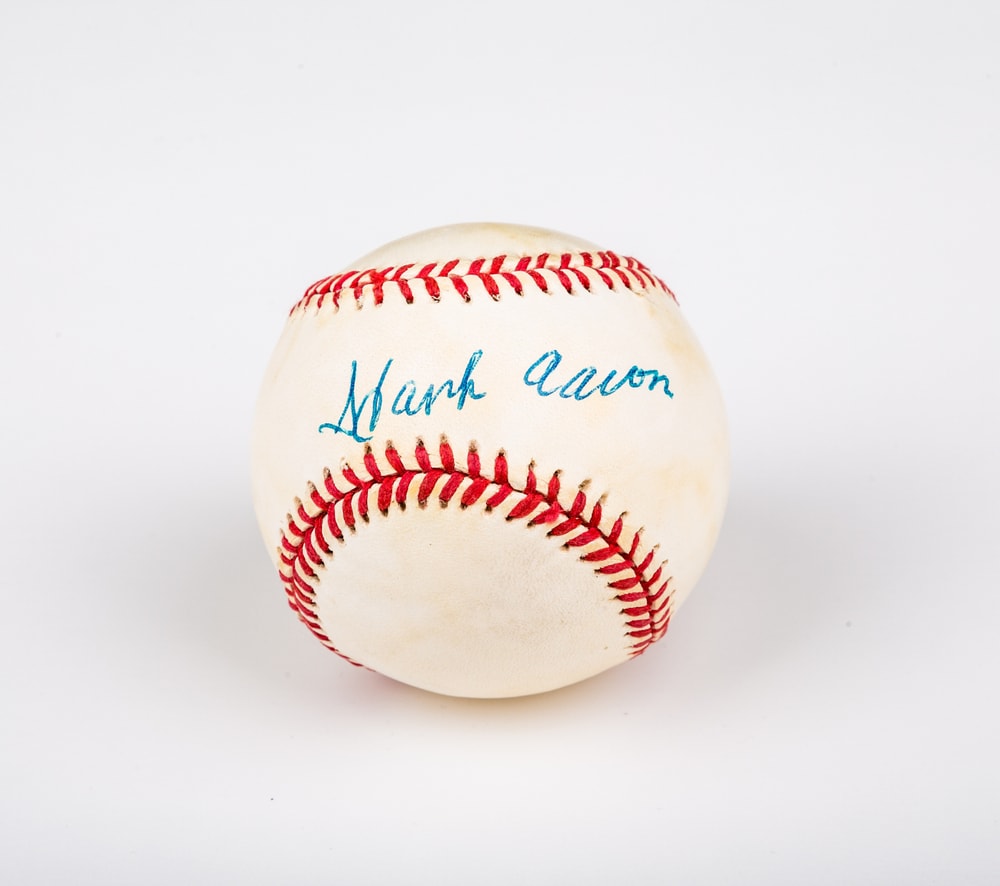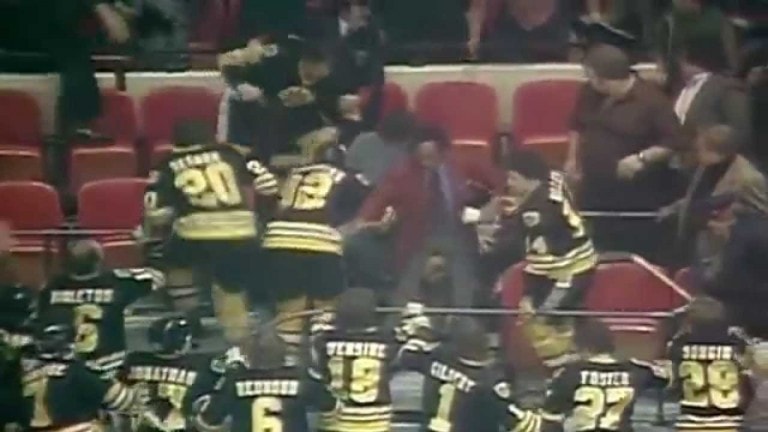Table of Contents
ToggleApril 8, 1974
Watching Hank Aaron hit his record-setting home run from 1974, it almost means more to me now than it did then.
Why? Because I am so glad I saw it as it happened. I was 10 years old when Aaron, in the national spotlight as the season opened amid his chase of Babe Ruth’s record, hit the 715th home run of his brilliant career. When Aaron passed away at age 86 on Thursday, so many of us thought about that April night in Atlanta when Hammerin’ Hank blasted a pitch from Al Downing of the L.A. Dodgers 385 feet into the left field seats.
I was watching from our living room in Troy, Michigan. I had been bitten by the baseball bug a few years earlier when the Detroit Tigers won the American League East in 1972 and I had started playing Little League. Not every Atlanta Braves game was nationally televised in those days, but as Aaron closed in on the record, stations across the U.S. joined the Braves’ games for Aaron’s at-bats. He had tied the record a few days earlier in Cincinnati and broke it in the Braves’ home opener.
Overcoming racism
It was a time of innocence for me. I wasn’t aware that Hank Aaron ignored death threats from racists who didn’t want him breaking the record held by Ruth, a white man. One threat even detailed a plan to shoot Aaron as he was playing right field. I wasn’t aware of the daily stress that Aaron, a man of grace and elegance, faced quietly as a black baseball player living in the South.
I was only a boy who loved baseball and was pulling for Aaron. When you’re a kid you identify with the small details about your idols. I always knew that Aaron was from Mobile, Alabama, because I was born in Alabama, but I moved north at such a young age that I couldn’t remember living there.

Alabama didn’t have a Major League Baseball team but a lot of fans there adopted the Braves, who played just two hours from Birmingham. So I had the Tigers as my American League team and the Braves in the National League.
Every Little Leaguer wants to hit home runs. I used to marvel at how easy Aaron made it look. Effortless power.

Hank Aaron is the real MVP
And yeah, I know decades later Barry Bonds would later break Aaron’s record, but to me Aaron will always be the real home run champ. Aaron didn’t cheat, he didn’t take steroids and he played during such a difficult time for black athletes. Indeed, as a young man Aaron spent a season in the Negro Leagues with the Indianapolis Clowns. By the time he retired in 1978, he was the last former Negro Leagues player still in the Major Leagues.
Every time I saw an Aaron interview, he was pure class. He didn’t dwell on the hardships he overcame, he focused on giving his best to the game. And it never changed. As his playing days ended and he moved on to front-office jobs, he was the same Henry Aaron. He always expressed appreciation for what the game had done for him far more than he talked about himself.
Vin Scully calls the record-breaking moment
In 2021 the clip of Aaron’s record-breaking homer drew constant views and comments on YouTube after his death. If you haven’t checked it out, you should, not only to see the moment but to appreciate the context as you hear the call of Vin Scully, now a legend himself, as Aaron rounded the bases. On the mound, Downing applauded and Aaron’s teammates rushed to home plate to greet him.
Hank Aaron was always bigger than baseball. Scully knew.
“A black man is getting a standing ovation in the Deep South for breaking the record of an all-time baseball idol,” Scully said. “What a marvelous moment for baseball. What a marvelous moment for Atlanta and the state of Georgia. What a marvelous moment for the country and the world.”















